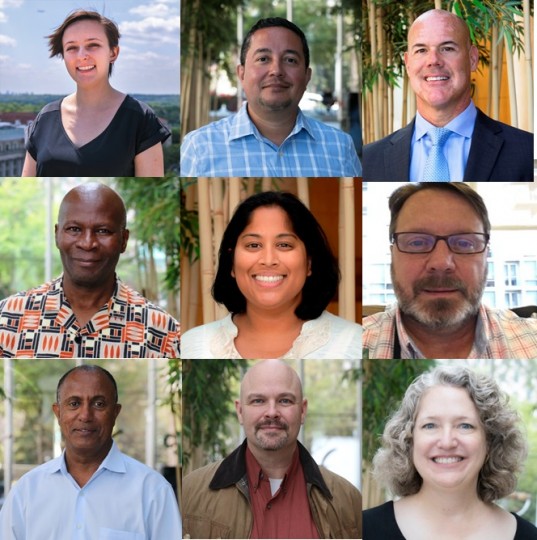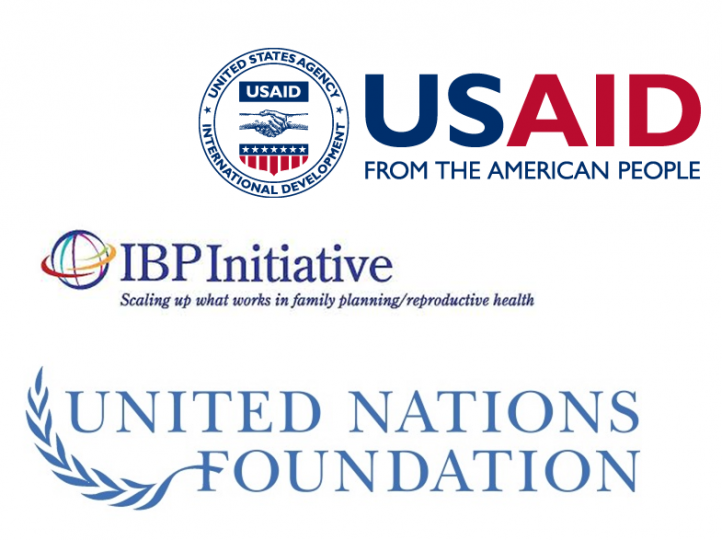The New Global Health Fellowship Program Supports Individual and Organizational Learning
Sustaining Technical and Analytic Resources (STAR) is excited to introduce its first Fellowship cohort. Nine senior Fellows and one Intern join the selective program – which combines capacity-building assignments, customized learning and professional growth opportunities, and field experience.
Global health is an extremely dynamic field, and these 10 professionals represent the spectrum of disciplines, talents, and lived experiences needed to take on today's most persistent challenges. The cohort includes two pediatricians, a retired U.S. Air Force Colonel, and an information technologist who has scaled digital health solutions in some of the most remote parts of Ethiopia. They specialize in family planning, HIV/AIDS, tuberculosis, maternal and child health, and other areas where there’s been significant social and scientific progress – but an unfinished agenda with much more to do.
STAR is more than a traditional work-based Fellowship. While Fellows contribute their deep technical expertise to their host organization, they’ll also have protected learning time to strengthen existing skills, address knowledge gaps, and participate in a customized mentorship program. Throughout their two-year positions, Fellows are able to apply what they’re learning in real time to become more effective as team members, as architects of global health programs and policies, and as mentors.

The cohort will be working at three host organizations: Implementing Best Practices (IBP) Initiative, United Nations Foundation, and the United States Agency for International Development (USAID).
Meet STAR's first Fellows and Intern:
IBP Initiative
USAID – Bureau for Global Health
United Nations Foundation

Over time, STAR will partner with more host organizations, including academic institutions, government agencies, ministries of health, NGOs, and private sector companies, matching them with Fellows who will address their unique capacity needs.
Dr. David Hausner, STAR Project Director, said ideal candidates and host organizations value continuous learning and evolving – not just maintaining current best practices. “Even the most senior, highly skilled people [in global health] have something they can learn and improve upon,” he said. “Maybe you’re an HIV specialist but you’d like to learn more about tuberculosis. Or maybe you have always worked in nonprofits but have never worked in a government institution before. STAR gives you the chance to explore that.”
As the global health sector continues to attract and engage diverse voices across governments, NGOs, and private sector companies, it’s evermore important to build the skills of the people behind them. “Organizations are made up of people, and it’s the people who are going to do that work. The passion that they bring, the skills they have - that's what makes a difference in the quality of programming in global health. STAR is a great opportunity to contribute to that,” said Dr. Hausner.
We look forward to updating you on the accomplishments of our Fellows and Interns in the coming months.
If you’re interested in learning about STAR’s positions at all career levels, sign up for our listserv. You can also connect with our Recruitment team at these upcoming events: